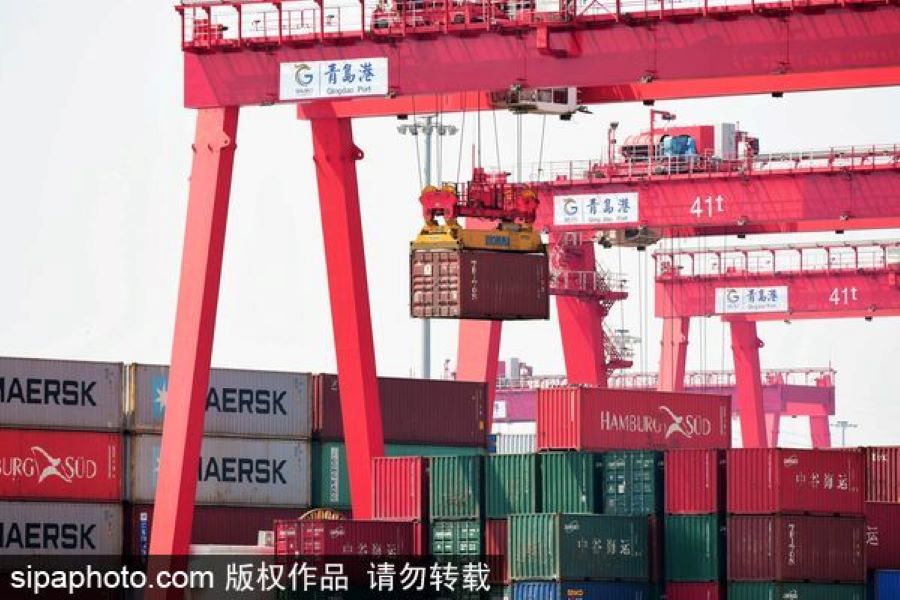The Market Access Negative List is Further Shortened
Analysts said that China will continue to shorten the negative list of market access. This year as part of China’s continued optimization of the business environment and wider opening up.
They said that the government’s increased efforts to revise the national negative list reflects. The country’s firm determination to expand market access and build an efficient, fair, and unified domestic market. It is also conducive to injecting new impetus into the economy and promoting high-quality development. In the long term.
China’s top economic regulator, the National Development and Reform Commission. Released the latest draft of the negative list for market access on Friday.
The draft list for 2021 points out areas where investment is prohibited or restricted;
it is assumed that all other areas are open. According to data from the National Development and Reform Commission. Now includes 117 projects, compared with 123 in the 2020 version.
From October 8th to 14th, the National Development and Reform Commission published the full text of the negative list on the Internet for public comments.
Pang Chaoran, a researcher at the China Institute of International Trade and Economic Cooperation. Said that the draft is part of China’s continuous efforts to deepen reforms and expand opening up.
Pang said that unifying the negative list of market access in various regions will help China build a high-standard. Furthermore, the Open and competitive market system and provide impetus for high-quality development.
“The government’s continued efforts to shorten the negative list will help to further relax market access in a wider range and larger areas, he said. We also need to intensify our efforts to continue to implement the promise of the ‘One National List’ and relax market access in services, consumption and other fields.”
Pang cited the “14th Five-Year Plan” (2021-25)
As saying that the government should also intensify efforts to improve the market allocation system and mechanism for factors of production. However, promote the construction of a high-standard market system, and form a unified system for factors of production. Efficient standardized and fair competition in the domestic market.
According to data from the National Development and Reform Commission, from 2018 to 2020. Moreover, China has announced and revised its market access negative list for three consecutive years, and the list items have been reduced by nearly one-fifth.
Cui Weijie, vice president of the China Institute of International Trade and Economic Cooperation, said that China’s continuous improvement of access conducive to a higher level of expansion and opening up, and a new “dual cycle” development pattern dominated by the domestic market formed. As the main body, the domestic and foreign complement each other.
“In the long run, continuously shortening the national negative list is the key to promoting high-quality development,”
Cui said. “As our country enters a new stage of high-quality development. Moreover, The country needs to continuously deepen reform and opening up to build an efficient, fair and unified domestic market.”
The executives of multinational companies have also expressed their confidence in the Chinese, and at the same time spoke highly of China’s continuous efforts to improve the business environment.
Samson Khaou, executive vice president of Dassault Systèmes Asia Pacific, said that this French industrial software company committed to the Chinese market for the past ten years and will expand its investment in China in the next five years.
“For us, China represents a country and market with high growth potential. Furthermore, We will accelerate investment (in China),” he said.
Silver Fern Farms is a leading meat product processor, marketer and exporter in New Zealand, and also hopes to continue to increase investment in China.
Alex Wang, China Country Manager of Silver Fern Farms, spoke highly of China’s continuous efforts to improve the business environment.
“Seeing the growing growth potential of the Chinese market and the growing local demand for red meat, we are confident in the future growth in the Chinese market,” he said.
China’s Foreign Exchange Reserves Fall in September





GIPHY App Key not set. Please check settings